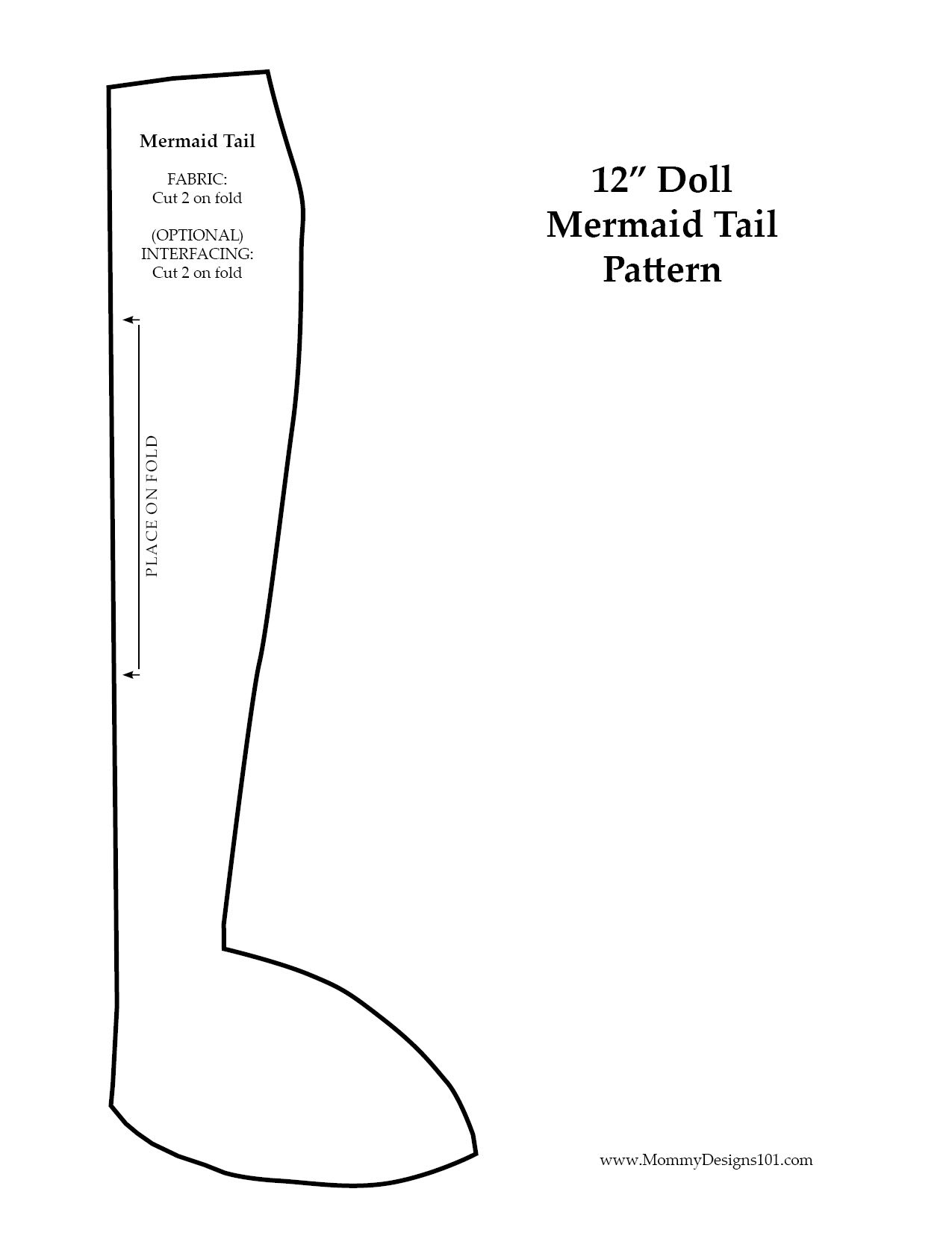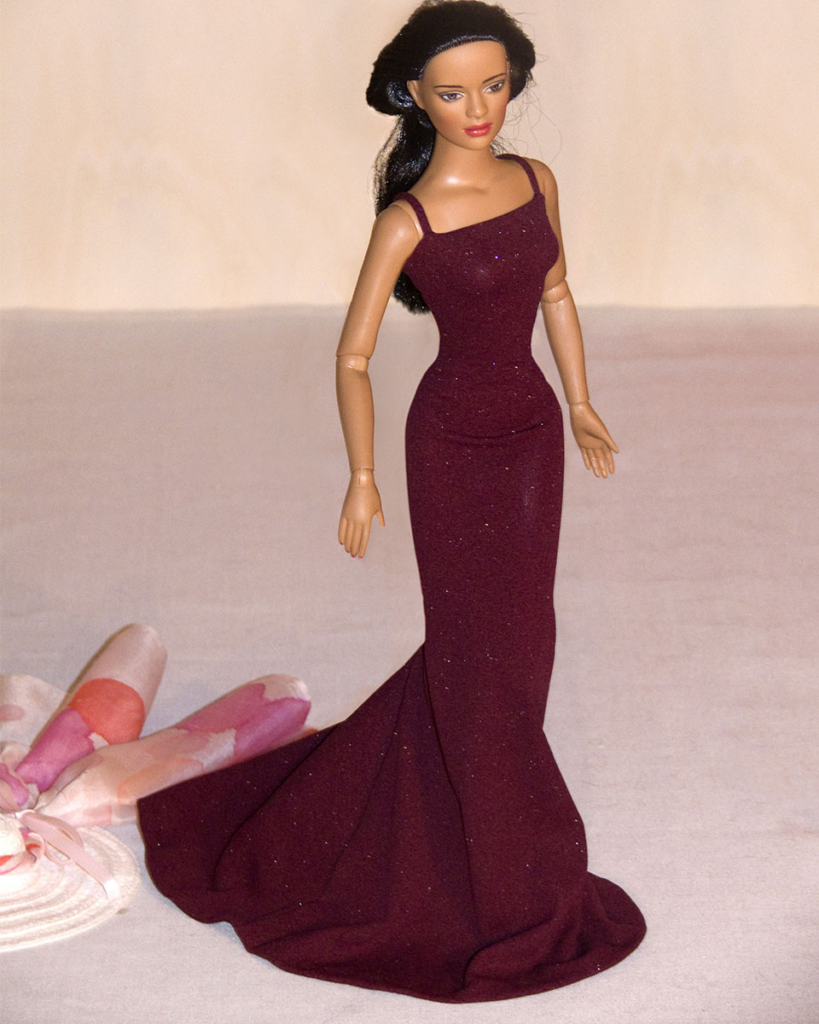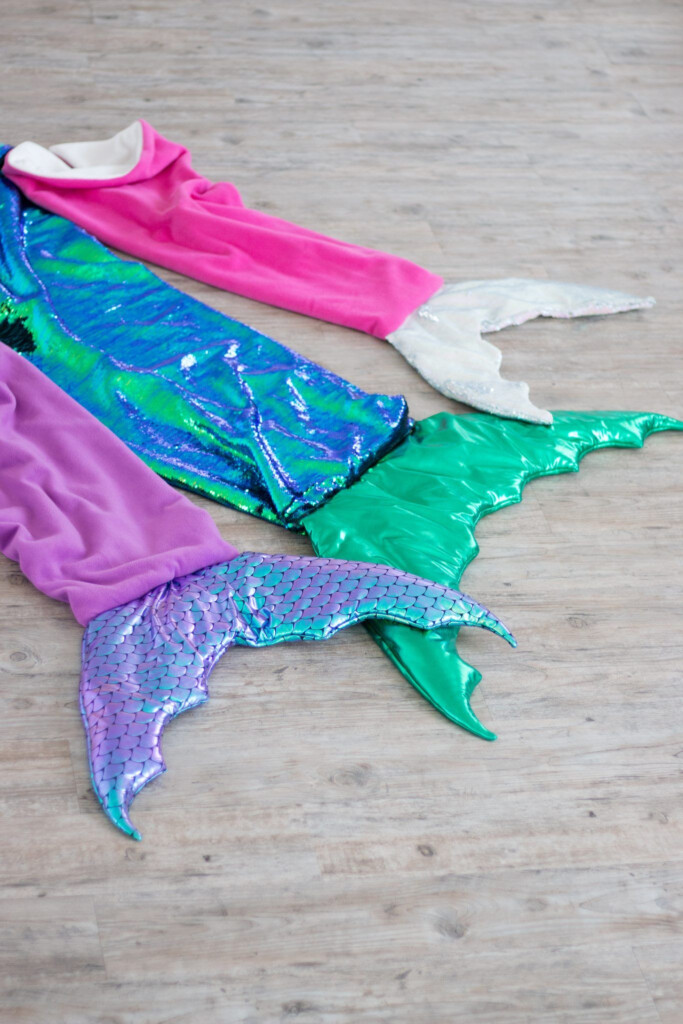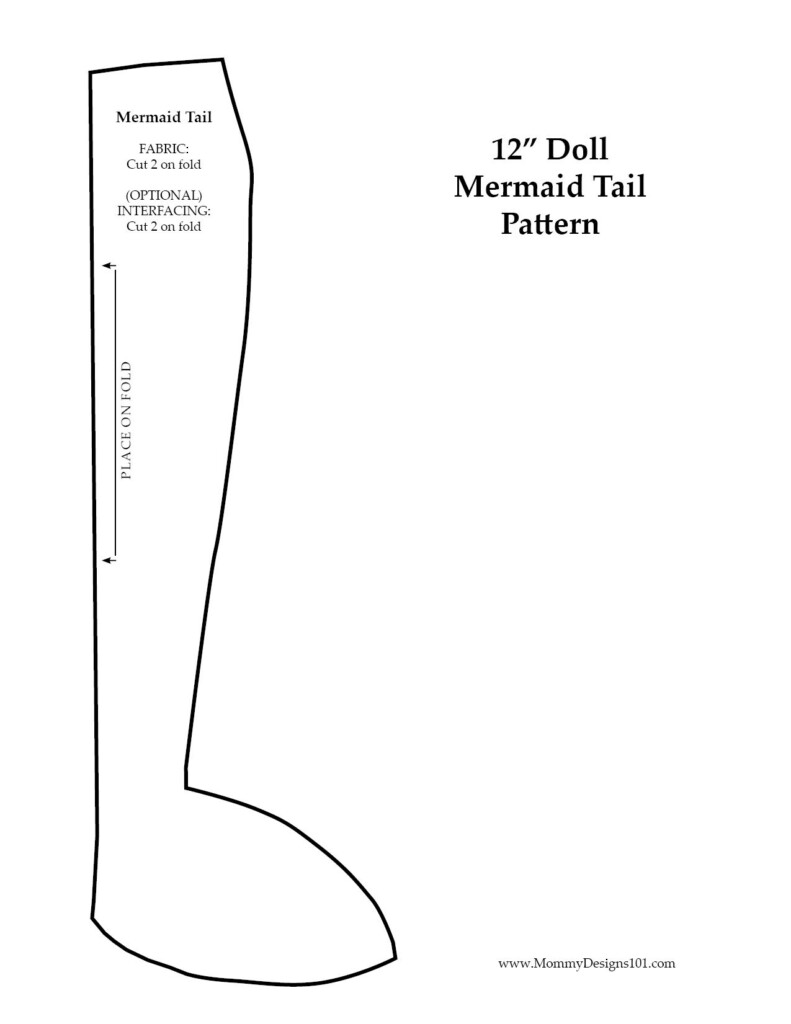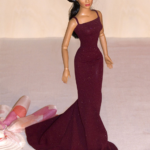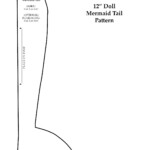Free Printable Barbie Clothes Sewing Patterns Mermaid Tail – Printable sewing patterns are digital sewing patterns that are easily downloaded, printed and printed right at home. They offer a convenient and affordable option to conventional paper sewing patterns. Within this piece, we will demonstrate how to print out and put together a sewing design as well as how to modify and alter patterns to accommodate, how to choose the appropriate fabric for your project and give you some sewing tips and tricks for improving your sewing skills.
How to print and assemble to make a sewing pattern
Making your printer ready:
- Check that your printer’s settings are configured to “actual size” or “100% scaling”
- Utilize a high-quality printing device for the best results
- Make a test print using a small area of the pattern to ensure accuracy
Printing the pattern:
- Print the pattern on a large format printer or make multiple sheets
- Make use of lightweight paper to make cutting and sewing more comfortable
Making the pattern pieces:
- Cut out each pattern piece along the outside edge
- Check the numbered notch or marks on each piece
- Apply glue or tape to hold the pieces together
Cut out the pattern:
- You can place the pattern on the fabric following the cut layout supplied
- Sharp fabric scissors are used to cut out the pattern pieces
- Note any marks or notches on the fabric
Making adjustments and altering patterns to suit
Take accurate measurements:
- You can measure your body’s posture at important places, like your bust, hips, and waist.
- Make use of a flexible measuring tape and tape it to undergarments or clothes that closely match the style you’ll wear on the final garment
- Keep track of your measurements on a chart or digital chart to be used for future review
Lengthening or shortening pattern pieces:
- You can measure the distance between shorter and lengthen lines of the pattern piece and measure it in relation to the amount the pattern piece needs to be adjusted.
- Cut the pattern piece in the lengthen/shorten line
- You can use a ruler or cut the pattern piece until it is the desired length
- Tape or glue the pattern piece back together
Achieving the right fit for a pattern:
- Make a muslin or a toile of the design to test the fit
- Mark or pin areas that require adjustment such as the tummy or waist
- You can use a ruler for redrawing the pattern lines to accommodate the adjustments
- Make sure you test the new design by making another muslin or cut out a toile before cutting into the fabric
Selecting the best fabric for your sewing project
Aspects to consider when choosing fabrics:
- The type of item or garment made
- Experiential knowledge of the fabric type
- Personal style and style of the individual.
- Care instructions for fabrics
Best fabrics for different types to sewing designs:
- Compositions such as cotton for tops, quilts, and dresses
- Linen blends or linen for outdoor clothing and interior decor
- Wool blends or wool for coats and outerwear.
- Knits that can be used for t-shirts as well as activewear
Sewing tips and tricks
Tips for successful sewing:
- Use needles and threads of the highest quality appropriate for the fabric type
- Always try a test stitch on one scrap of fabric prior to stitching the final project
- Hems and seams are hemmed and press seams for to create a professional appearance
- Regularly take breaks to avoid eye strain and fatigue
Sewing techniques for improving your sewing skills:
- Learn the basics of stitches and techniques like the backstitch stitch, basting and the hemming
- You can practice sewing curves as well as corners to achieve a neat look
- Try different seam finishes such as French edges or bias binding
Hacks for sewing and other variations
- Utilize decorative stitching or embroidery for an added interest to a plain piece of clothing
- Add pockets and other details to personalize your pattern
- You can experiment with dyes for fabric or paint to create original designs
Conclusion
Printing sewing patterns is an easy and economical option for sewers of all levels. With the right equipment in addition to the appropriate techniques can create beautiful, customized garments as well as accessories that are perfectly fitted. Be sure to measure accurately make sure you choose the correct fabric, and practice your sewing skills regularly. Sewing is fun!
